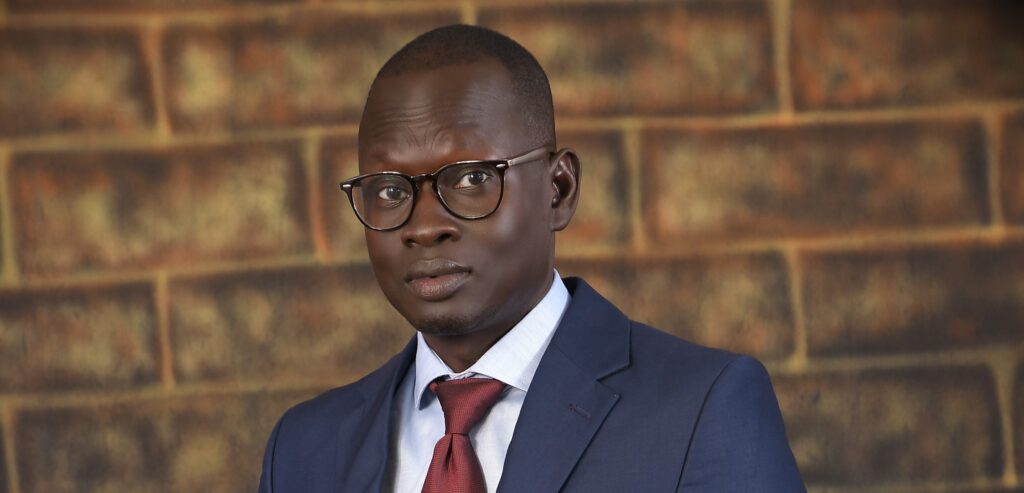African presidents seeking medical treatment outside their own countries is a multifaceted issue deeply intertwined with the complexities of healthcare systems, governance, and public trust across the continent. This practice highlights significant challenges within healthcare infrastructure and often sparks debates about leadership, priorities, and equity.
The perception of trust in local healthcare systems is a critical factor. A lack of confidence can lead to decreased engagement in preventive care, lower adherence to treatments, and reduced motivation to seek care, ultimately contributing to poor health outcomes.
The reasons for seeking medical care abroad are manifold and reflect systemic deficiencies. African healthcare systems frequently suffer from underfunding and neglect, leading to severe challenges across the six WHO pillars of healthcare delivery. These pillars include service delivery, workforce, information, medical products and technologies, financing, and leadership/governance.
Many African countries lack the infrastructure, adequate medical equipment, and a sufficient specialized workforce, particularly for complex conditions like cancer. For instance, sub-Saharan Africa struggles with a shortage of cancer care infrastructure and workforce, often necessitating referrals to countries with higher income levels. This disparity is a key driver for medical tourism, which is defined as travel across borders to receive medical care that is unavailable, unaffordable, or legally proscribed at home. Medical tourism is not solely driven by a lack of availability, but also by the perception of higher quality options elsewhere.
Corruption significantly exacerbates healthcare deprivation in many sub-Saharan African countries. The United Nations General Assembly has identified corruption as a vital factor undermining efforts to achieve universal health coverage. Evidence suggests that corruption can directly lead to a lack of access to essential healthcare for nearly half of the world’s population, increasing catastrophic out-of-pocket health spending. This corruption can erode public trust in government institutions, including the healthcare system. For example, the experience of racism or discrimination, as well as the perception of inequities and lack of support from the medical community, can contribute to medical mistrust, potentially leading individuals to avoid screenings and treatments. Studies show that a notable percentage of the population in various African countries reports difficulties in obtaining medical care, facing disrespect from healthcare personnel, and even paying bribes to access services. These issues indicate systemic problems and erode trust.
To address the reliance on international medical care, African governments need to implement comprehensive reforms focused on strengthening their national health systems. This requires a multi-pronged approach.
First, increased and equitable investment in healthcare infrastructure and human resources is paramount. This includes building and equipping modern medical facilities, ensuring the availability of essential medicines and medical devices, and training and retaining a skilled healthcare workforce. The quality of medical education and training within the continent also needs to be enhanced, moving away from skewed and irrelevant Eurocentric training to more contextually relevant approaches. Strengthening public health leadership and developing the capabilities of emerging leaders within Africa is crucial to setting policies and improving outcomes. Collaborative leadership models, which focus on individualism, team, and institutional development, are essential for reorienting systems to better support health and well-being.
Secondly, fostering trust in domestic healthcare systems is critical. This involves transparent governance, accountability, and addressing issues of corruption and discrimination. Effective communication from healthcare authorities and institutions can significantly build and maintain trust. Ensuring that patients are treated with respect and that confidentiality is maintained is fundamental to establishing trust. For instance, concerns about privacy and fear of disclosure can deter individuals from seeking treatment. Addressing cultural barriers and understanding how they influence trust in healthcare institutions is also essential.
Thirdly, prioritizing universal health coverage (UHC) and equitable access to quality care for all citizens is essential. This means strengthening primary healthcare, which forms the base of any robust healthcare system, and ensuring that specialized services are accessible without undue financial burden. Policies should focus on reducing out-of-pocket spending and protecting individuals from catastrophic healthcare costs. Placing people at the heart of health systems development will ensure that governments respond to the actual needs of their populations.
Finally, leveraging local innovation and traditional medicine could also contribute to building a more resilient and trusted healthcare system. African indigenous medicines, if integrated appropriately into primary healthcare systems, can offer holistic care and be more culturally resonant for some populations. Technological advancements like statistical learning and tele-mentoring offer opportunities to enhance emergency care capacity and overall healthcare delivery, particularly in remote areas. However, challenges like data scarcity and inadequate infrastructure must be overcome.
Ultimately, for African presidents to consistently seek medical care within their own nations, there needs to be a demonstrable commitment to building healthcare systems that are not only capable of providing high-quality, specialized care but are also perceived as trustworthy, equitable, and accessible to all citizens. This would signify a shift in political will and a dedication to the health and well-being of their populations.
Leek Daniel is a media specialist & development practitioner and can be reached via leek2daniel@gmail.com.
The views expressed in ‘opinion’ articles published by Radio Tamazuj are solely those of the writer. The veracity of any claims made is the responsibility of the author, not Radio Tamazuj.




